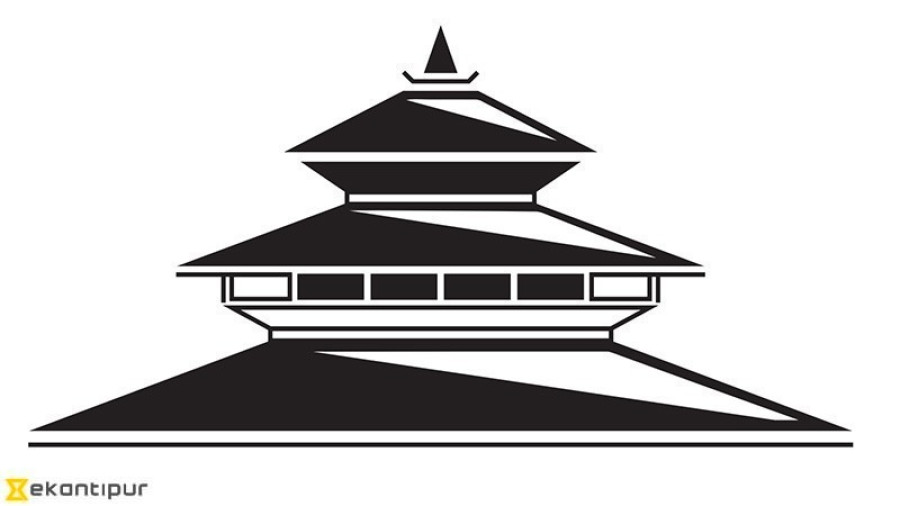Editorial
The second sex
On July 6, a woman who was observing Chhaupadi, died of a snakebite in Dailekh. And in December 2016, police investigated the death of a 15-year-old girl in Accham who was banished to a poorly-ventilated shed because she was menstruating. Reports say she suffocated after lighting a fire to keep warm.
On July 6, a woman who was observing Chhaupadi, died of a snakebite in Dailekh. And in December 2016, police investigated the death of a 15-year-old girl in Accham who was banished to a poorly-ventilated shed because she was menstruating. Reports say she suffocated after lighting a fire to keep warm.
Chhaupadi dictates that menstruating women and those who have just given birth are impure and should be consigned to isolation in huts or sheds; those who disobey the diktats can bring death and destruction to their families. With roots in ancient Hindu religious scriptures, Chhaupadi is a common social practice, particularly in mid- and far-western Nepal. It is appalling that a natural physiological cycle has been stigmatised as impure, and women are essentially locked up for a few days every month.
The age-old custom continues unchecked despite the Supreme Court’s historic ruling in 2005 declaring it to be a malpractice, followed by the Chhaupadi Pratha Elimination Directive of 2008. But it is clear that neither the ruling nor the directive has been adequately enforced.
Nepal may be signatory to the Convention on the Elimination of Discrimination Against Women, but declarations alone are not sufficient to effect change, particularly change that entails doing away with a long-held tradition supported by all those around you and seemingly sanctioned by religion.
A survey by Action Works Nepal and Bheri Environmental Excellence has made a disturbing revelation: 60 percent of the people in the Karnali region remain unaware that the practice of Chhaupadi is illegal. The survey, conducted in 21 VDCs, also revealed that 27.9 percent women live in Chhau huts, 36.6 percent in cow sheds, and 91.4 percent do not enter their kitchens during menstruation.
The impact of Chhaupadi is devastating for women. They are confined to dark and small rooms without nutritious food or adequate protection from the elements. There are countless cases of women being raped, killed by wild animals, bitten by snakes, or succumbing to cold while observing Chhaupadi. Despite these obvious vulnerabilities, age-old and deep-rooted tradition, gender-based discrimination, superstitious beliefs and high illiteracy all contribute to the continuation of Chhaupadi.
Although government agencies and NGOs have declared Chhaupadi-free zones in the district of Accham, locals say minimal headway has been made in curbing the practice. And although some NGOs and activists have brought about some change through education and advocacy programmes, it is obvious that they are not enough. Such programmes have to be scaled up if Chhaupadi is to be eliminated. Awareness about human biology has to be promoted, and menstruation has to be destigmatised. Only then can Nepal be free from the discriminatory practice.




 9.89°C Kathmandu
9.89°C Kathmandu














